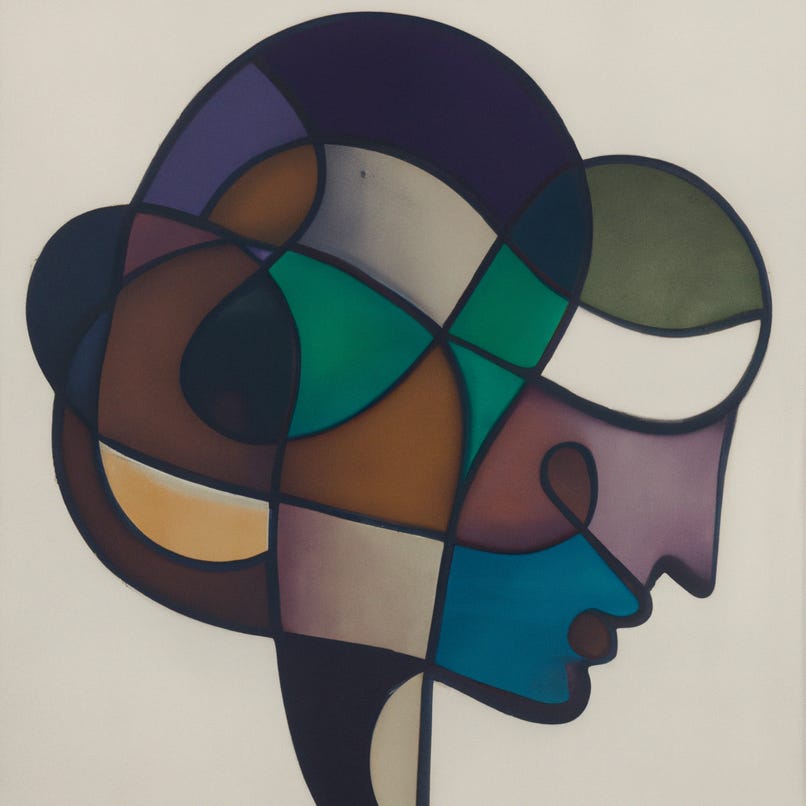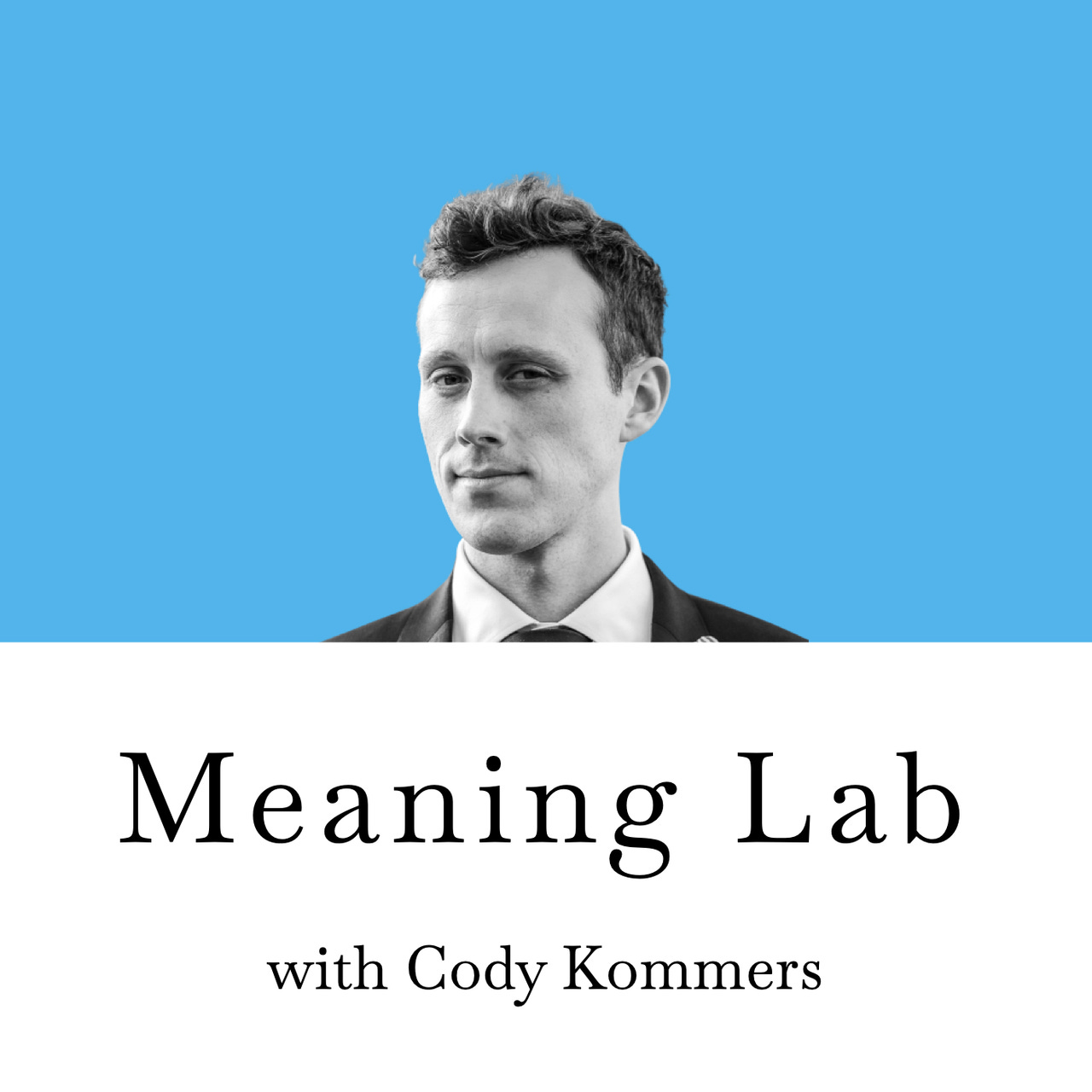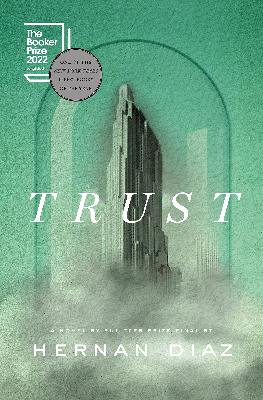#106: Rituals matter more than you think (feat. Dimitris Xygalatas)
Description
Denis Dutton was a philosopher of art and media. He was born in the US but moved to New Zealand when he was 40, where he became interested in Oceanic Art. This interest led him to spend time in the village of Yentchenmangua on Papua New Guinea. Over the course of his ethnographic work, he began to get to know the locals.
One day, Dutton noticed that his friends in the village seemed down. He asked why. They explained that the tourist numbers had dropped, and they were trying to figure out ways to get more people to visit. Dutton was asked if he had any ideas.
He sort of shrugged, then off the cuff suggested fire-walking. The villagers had no idea what that was. Dutton explained. They asked him if he would teach them.
Dutton had never done a fire-walk of his own before, but he understood the principle from his friends in New Zealand. Coal is a poor conductor of heat. So, in theory, one can scuttle across a bed of hot coals without getting burned if one moves with sufficient haste. The never day he gave it a shot. And it worked. The villagers soon adopted it as their own local ritual, even taking measures to jealously guard it from neighboring tribes.
Dutton later asked them, “So what if some anthropologist visits your village in the future, inquiring about the origin of the fire-walking ritual? What are you going to say?” One of them responded: “We’ll say that we’ve always done it this way. Our fathers did it, and their fathers before them, and ultimately our ancestors learned how to do it from a white god.”
This story is from Ritual, the recent book by Dimitris Xygalatas. And I think it illustrates something crucial about the way we’re used to thinking about rituals—that they’re a kind of cultural excess: there for arbitrary reasons, not serving any specific purpose. Aren’t all rituals like the one the villagers got from Dutton? At some point, someone just made them up, right? Rituals can seem antiquated, and us more-informed moderns are better off leaving them in the rearview mirror.
But Dimitris’s work shows this isn’t the case. Rituals are useful for at least three separate reasons. In this conversation, we cover how research—including Dimitris’s own—shows that rituals reduce anxiety, are crucial for social cohesion, and are an important source of meaning.
Unlike most behavior, rituals aren’t a means to an end. They aren’t about achieving a goal or desired outcome. We do them for their own sake—because that’s how things are done, how our forebears did them. And it is precisely this lack of immediate utility that makes them integral to meaning and identity. They separate our way of doing things from everyone else’s. And, as Dimitris argues, we’re probably worse off in the modern world for our willingness to shave off the trappings of life’s rituals in our relentless pursuit of increased efficiency.
[This interview has been edited and condensed. Full conversation available via the podcast.]
So to start off with: What is a ritual? Why do they matter?
If you ask 100 anthropologists, you might get 100 different definitions of ritual. As far as I’m concerned, a key aspect of ritual is that it’s either gold-demoted [that is, we don’t know why someone does it after it’s already happened] or it is causally-opaque. And what that means is that when people perform their rituals, even the most meaningful rituals, when you ask them why, very often they don’t have a ready explanation for you. They’ll say, “oh, well, we just do them.”*
But even when they do offer some reason for doing those rituals—let’s say we perform this ritual for healing purposes—there is no causal connection between the actions undertaken and the purported outcome. So if I try to heal somebody by chanting, we don’t see any physical causality between the movements of my mouth and what’s going on in that person’s body. So that is a key characteristic of ritual.
An additional characteristic is that rituals create special spaces and special events. They sort of create the domain of the sacred. And this is what differentiates ritual, for example, from habits. So habits might be the flip side of a ritual. I take my coffee every morning, I brush my teeth twice a day, and some say this is my morning ritual when I brush my teeth. But I would say no, because this has a specific purpose to clean your teeth, and the actions you undertake are connected to that outcome. But if you were to just wave your toothbrush in the air with the belief that it will cleanse your teeth, or no belief at all, now that would be a ritual.
At first glance, rituals by definition seem utterly pointless. But the fact that they are found in every human society we’ve ever known, and the fact that so many people around the world find them deeply meaningful, I would dare say all people find them deeply meaningful. Even if they don’t realize it, if they think of religious rituals. But then when we get into other things like your wedding or your birthday celebration or a funeral you attend, all of us find meaning in ritual. So this for me was the big puzzle. When you say the word “ritual,” sometimes it feels, I don’t know, maybe “antiquated” is not quite the right term—but something a primitive society would engage in. But us modern urbanites, you know, we sort of moved beyond that. We do things because they have real effects. How do you think about what it means to perform a ritual in daily life in the modern world? And perhaps what are some of the examples of rituals that you study that your average person would connect with?I think it would be tempting but misguided to think that we no longer have as many rituals as people used to have because we live in an era of technological progress and secularization.
The misconception stems from the fact that because ritual has been such a successful mental and social tool for religion—to the extent that we come to think of those two things as synonymous, but they’re not. Ritual predates religion and it extends far beyond religion. And I would argue that our lives today are just as ritualized as they’ve ever been. We have to be careful with our definitions here—but based on my definition, ritual is everywhere.
In the modern world, we engage in handshakes, and we raise our glasses to attend birthday parties, and we have college graduations, and in many parts of the world we have military parades, and in our militaries we have marching and the raising of the flag and so on and so forth. There are countless examples if we look at how people behave in sports stadiums or in political rallies or at rock concerts or in their everyday life our lives are in ritual, from birth to death.
So the way I see it, there’s a human need for ritual. Rituals provide comfort for us, they help us soothe our anxieties, they help us connect with other people, and this need is a constant. What changes are the forms. And in fact, what you see is that the more organized religion retreats in the West perhaps today, the more people seek it in other domains, and they come up with other kinds of rituals—perhaps of the kind that you find in Burning Man or other festivals or in the area of sports or other organized institutions, even the workspace.
“Those things are important in a ritual context precisely because those actions are arbitrary and have no inherent meaning. It allows them to take whatever meaning we wish.”
Let’s get into the mechanism here. What is it that makes ritual meaningful? What is going on there that takes this ostensibly useless activity and gives it this really fundamental sense of how we create meaning in our lives?This is a complicated answer, because the reason rituals are so successful is that they’re able to trigger a whole host of psychological mechanisms.
One of the ways in which rituals do things for us is that they help us soothe anxiety. And this is a very old idea that anthropologists have proposed over a century ago. For a very long time, this was simply either taken for granted or at least it went untested. But now we have evidence for it. We know, for example, from studies—including my own studies—that when we put people in a room and we stress them out, their behaviors become more ritualistic; they become more repetitive. And then when we look at what happens when they perform these behaviors, even in a decontextualized setting, when we have them engage in repetitive movements, we see that anxiety levels drop. We can see this both in their minds (their anxiety levels as being lower, they feel less stressed) and in their bodies. Their electrodermal activity decreases, their heart rate variability increases, and so on and so forth, their cortisol levels drop.
We also see it in real life rituals. We’ve done studies in Mauritius where we measured people’s stress levels as they performed rituals in a religious temple, a Hindu temple, compared to a control group, and we see that after performing those rituals, they have lower anxiety levels, both psychological and biological.
How do the rituals do that? What is the mechanism?
We have proposed that this is related to the way our brain works and the way our brain constantly seeks patterns in the world. Our brain makes predictions all of the time. Before I finish a sentence, you have a certain prediction in your mind about what my next sentence is going to be. When we drive, we make predictions about where every other car in our own car will be in a few seconds from now and so on and so forth. It’s a very efficient cognitive architecture that I think will inevitably evol
























